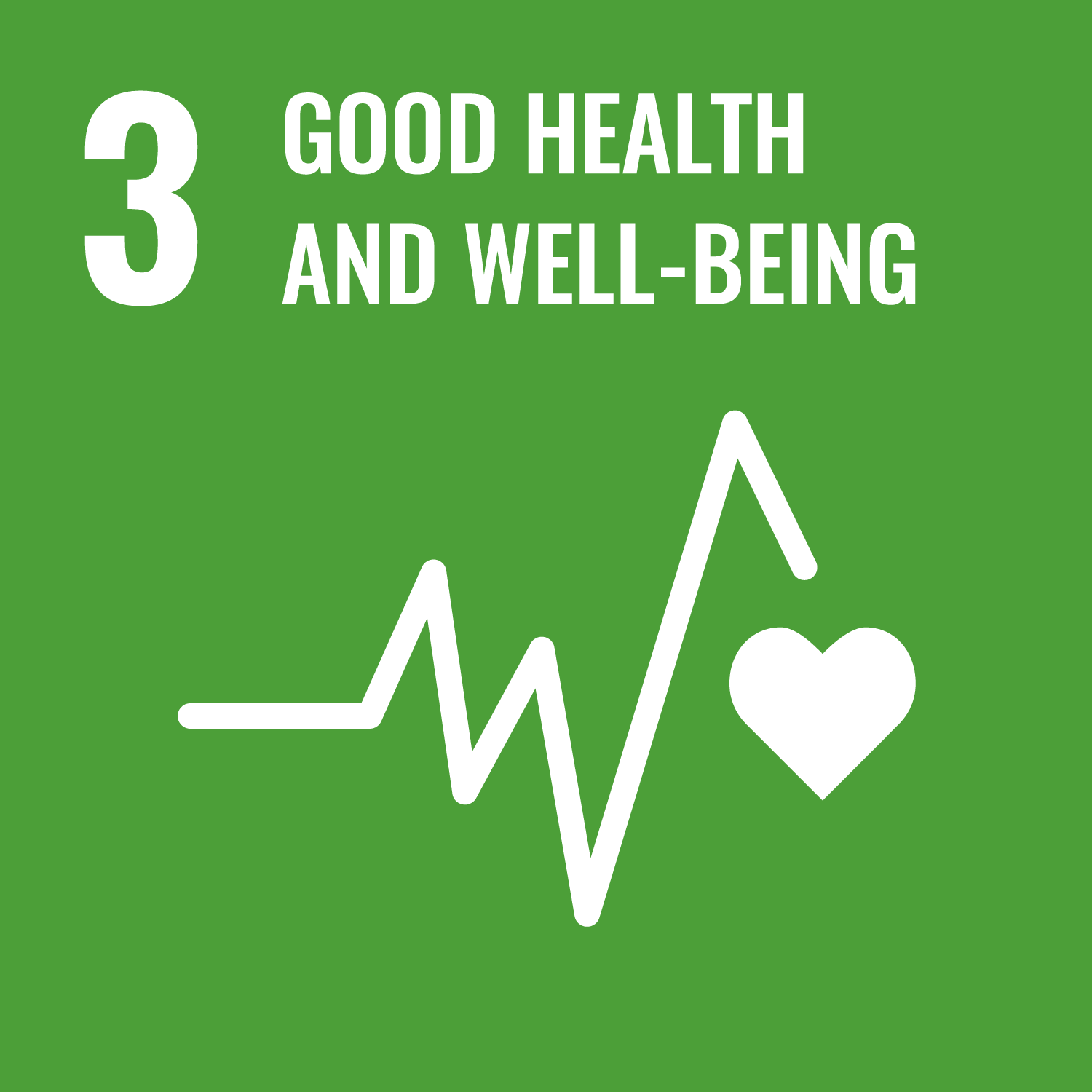This 76-page report examines in detail the current literature on the health-related vulnerabilities faced by trans* people in the Asia-Pacific region. The report focuses on the risks of contracting HIV and experiencing human rights abuses. All literature examined is from post-2000. The report analyses laws, policies and literature on local practices that influence the stigma faced by trans* people in the region which is considered to increase their vulnerability of contracting HIV.
The report opens by giving context to the experiences of trans* people in the Asia-Pacific region. Statistics on the number of trans* people in the region and the size of the HIV pandemic within the transgender community are discussed, however, the lack of precise research and data on the trans* population is considered one of the greatest barriers to addressing their vulnerabilities. The report then outlines the social, and legal factors effecting the marginalisation and discrimination of trans* individuals. The trans* population is considered a heterogeneous group and the experiences and vulnerabilities faced by trans* men and trans* women are considered separately. The author highlights the lack of appropriate and inclusive health-care services for trans* people in the region. The repot concludes with11 recommendations for future research addressing HIV vulnerability in the trans* community.







